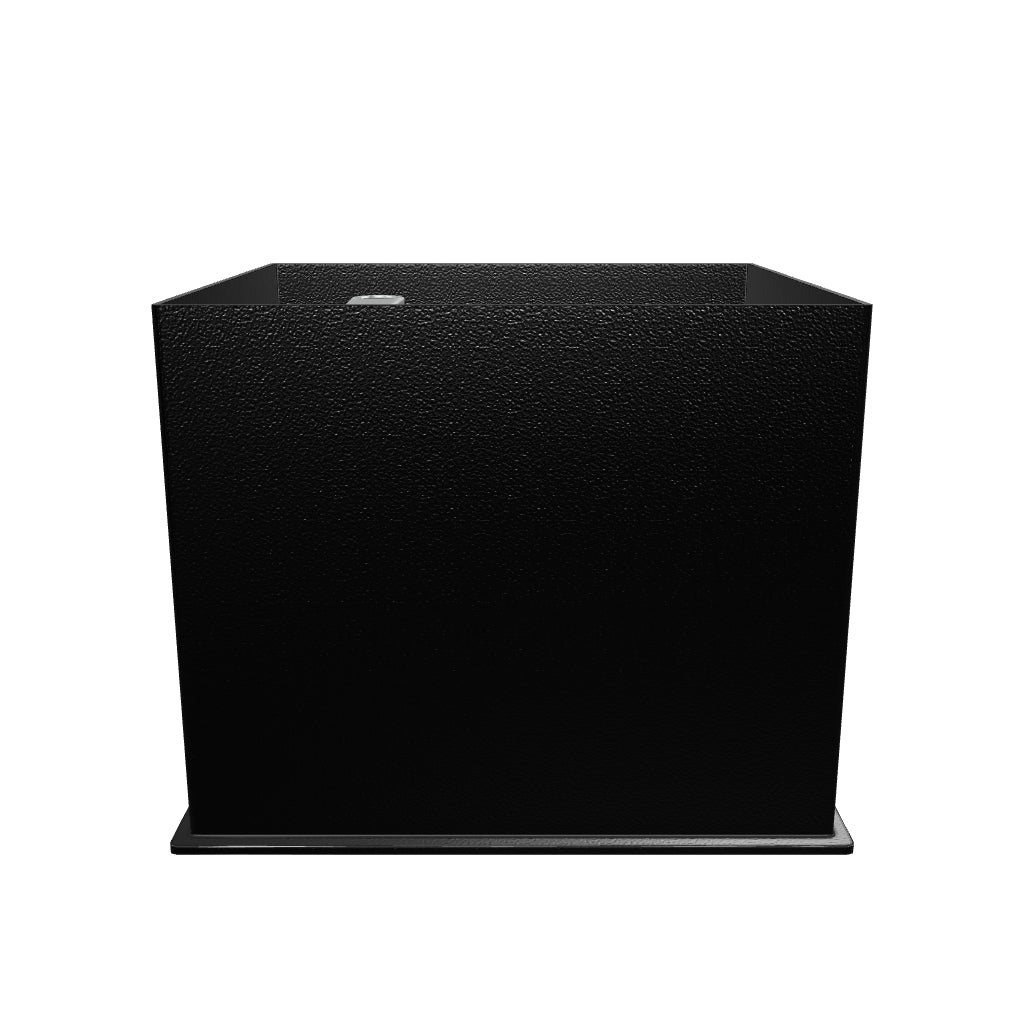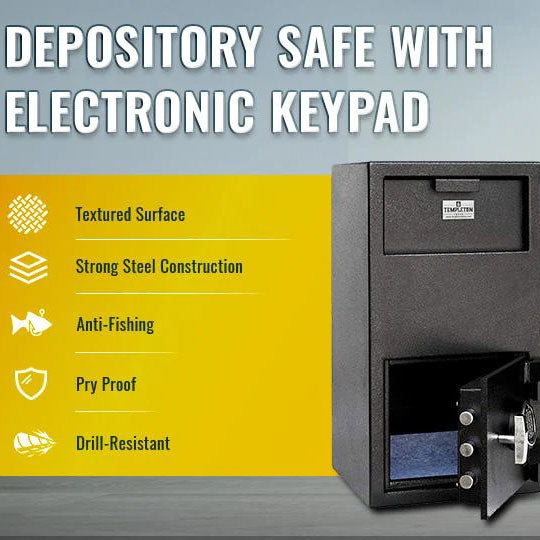Protecting Valuables in Medical Clinics: The Importance of Safes
In the fast-paced world of medical clinics, the safety and security of valuable assets should never be underestimated. From expensive medical equipment to sensitive patient information, medical clinics house a wealth of valuable resources that require safeguarding. One of the most effective ways to ensure the protection of these assets is by investing in high-quality safes. At Templeton Safes, we will explore the importance of protecting valuables in medical clinics and provide valuable tips on choosing the right safe and maintaining it to ensure maximum security.
The Importance of Safes in Medical Clinics:
-
Securing Medical Equipment:
Medical clinics rely on a multitude of expensive and specialized equipment to provide high-quality care to their patients. These equipment, such as ultrasound machines, x-ray scanners, and surgical tools, are not only financially valuable but also crucial for diagnosing and treating patients. By storing them in safes, medical clinics can deter theft and unauthorized access, ensuring that their operations continue unhindered.
-
Protecting Patient Information:
Patient confidentiality is of utmost importance in medical clinics. Electronic health records (EHRs) and physical documents containing sensitive patient information must be securely stored to comply with privacy regulations like the Health Insurance Portability and Accountability Act (HIPAA). Safes equipped with advanced security features, such as digital locks and biometric authentication, offer the necessary protection against unauthorized access, theft, and data breaches.
-
Safeguarding Medications and Controlled Substances:
Medical clinics often store a variety of medications and controlled substances on their premises. These substances, if misused or mishandled, can pose significant risks to both patients and the clinic's reputation. Safes with specialized compartments and secure locking mechanisms are essential to ensure that medications are stored safely, minimizing the potential for theft or unauthorized access.
Choosing the Right Safe for a Medical Clinic:
-
Assessing Security Needs:
Before selecting a safe, it is essential to evaluate the security needs of the medical clinic. Consider factors such as the value and quantity of assets to be protected, the level of threat, and any legal requirements or industry regulations. This assessment will help determine the appropriate size, type, and security features of the safe.
-
Opting for High-Quality Construction:
Investing in a safe with sturdy construction and durable materials is crucial. Look for safes made from thick steel and reinforced locking mechanisms. The safe should also be fire-resistant and have appropriate certifications to ensure it meets industry standards.
-
Choosing the Right Locking Mechanism:
Safes offer various locking mechanisms, including combination locks, electronic keypads, and biometric scanners. Consider the convenience, ease of use, and level of security provided by each option. Electronic locks and biometric scanners, although more expensive, offer quick and secure access without the need for physical keys.
-
Size and Capacity:
Evaluate the size and capacity requirements of the medical clinic. Consider the types of assets that need protection and estimate their volume. Select a safe with adequate space to accommodate current and future valuables without compromising security or accessibility.
Maintaining a Safe for Maximum Security:
-
Regular Inspections:
Perform routine inspections of the safe to ensure it remains in optimal working condition. Check for any signs of damage, such as loose hinges or malfunctioning locking mechanisms, and address them promptly.
-
Secure Installation:
Properly install the safe in a secure location, preferably in a well-monitored area with limited access. Bolting the safe to the floor or wall adds an extra layer of security, making it more challenging for potential thieves to remove or tamper with the safe.
-
Combination Changes:
Regularly change the combination or password of the safe to prevent unauthorized access. This practice should be followed whenever an employee with access to the safe leaves the clinic or in case of suspected security breaches.
-
Employee Training:
Educate staff members on the proper use and security protocols associated with the safe. Provide clear instructions on how to handle and store valuable assets, emphasize the importance of confidentiality, and ensure that employees understand their roles in maintaining a secure environment.
Medical clinics house a wide range of valuable assets, from medical equipment to sensitive patient information and medications. Protecting these valuables should be a top priority to ensure uninterrupted healthcare services, maintain patient confidentiality, and safeguard the clinic's reputation. Investing in a high-quality safe, tailored to the clinic's security needs, is a wise decision. By choosing the right safe and following proper maintenance practices, medical clinics can enhance security, mitigate risks, and foster an environment of trust and safety for patients and staff alike.






























